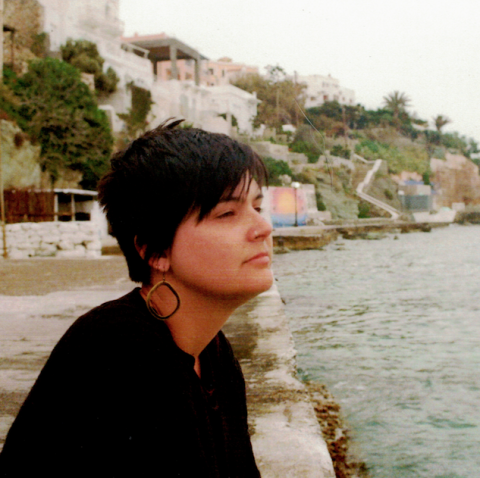
My research is situated within the interdisciplinary fields of carceral geography, racial capitalism, and social movements with a particular focus on the US and Gulf South. Through my research, I ask how and why a state turns down the path of mass incarceration, what are the dialectical relations between carceral state formations and racial capitalism, and how periods of carceral crisis can produce conditions of possibility for abolitionist activism that stretch us towards new geographies of freedom. In doing so, I examine how carceral state power is underpinned by and reinforces racist and patriarchal logics about violence and safety which in turn justifies state disinvestment in public forms of collective care and responsibility during periods of crisis. Central to my research is ongoing involvement and dialogue grassroots organizations and social movements.
My first book Prison Capital: Mass Incarceration and Struggles for Abolition Democracy in Louisiana (UNC Press) tracks the multiscalar formation and contestation of the Louisiana carceral state from the 1970s to the present day. I analyze the interchange between Louisiana’s turn to mass incarceration, the imperatives of racial capitalism, and the development of grassroots organizing by those communities targeted for heightened surveillance, policing, and imprisonment along lines of race, gender, sexuality, class, age, and geography. Through archival research, oral histories, and in-depth ethnographic research, I examine how Louisiana has expanded and consolidated its carceral infrastructure in response to multiscalar political economic crises and how it has adapted its carceral capacities when oppositional movements gain traction. I illuminate how Louisiana's rise as an epicenter of mass incarceration was produced through the interplay between different facets of punitive state power (prisons, jails, policing) in tandem with the global booms and busts of the oil economy and the rise of tourism capitalism. Yet, these periods of crises produce not only intensified carceral geographies but have dialectically formed spaces of possibility for oppositional politics, social movements, and coalition-building in the Black Radical Tradition. From prisoners instigating federal lawsuits, to community organizers building coalitions to shrink the New Orleans jail in the aftermath of Hurricane Katrina to young Black trans women aligning with Latinx reconstruction workers to contest racialized and gendered policing, grassroots movements have won victories that stretch us towards new geographies of freedom in the lineage of abolition democracy.
MS - Urban Studies, University of New Orleans, 2011
BA - Comparative American Studies and English (majors), History (minor), Oberlin College, 2007
- the carceral state
- racial capitalism
- social movements and grassroots organizing
- abolition geographies
- Black geographies
- feminist and queer politics
- disaster politics
- critical urban studies
- Louisiana
- Geography
- African American and Africana Studies
- Commonwealth Institute for Black Studies
- Social Theory
- American Association of Geographers
- American Studies Association (ASA)
- Critical Prison Studies Caucus (ASA)
